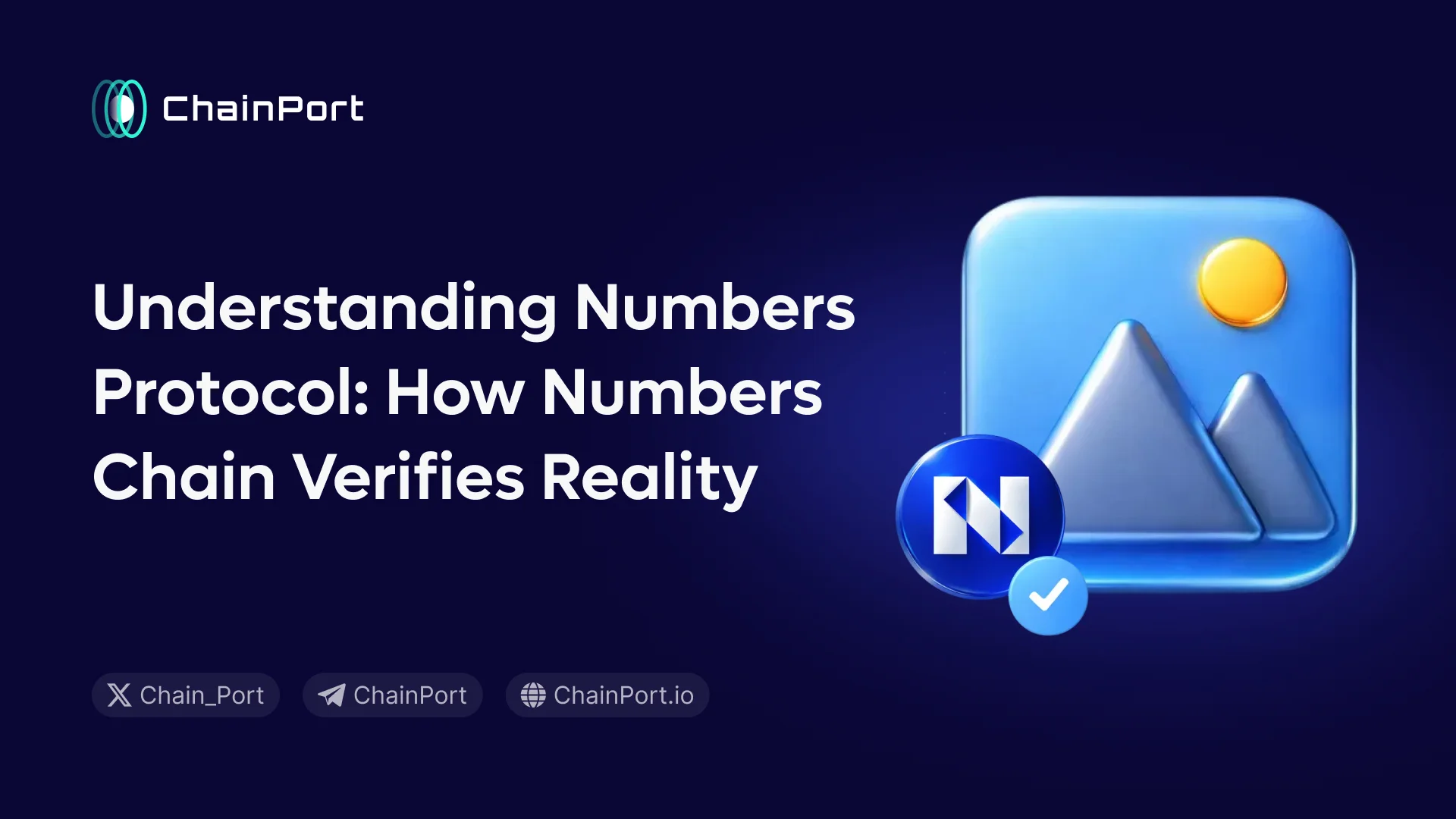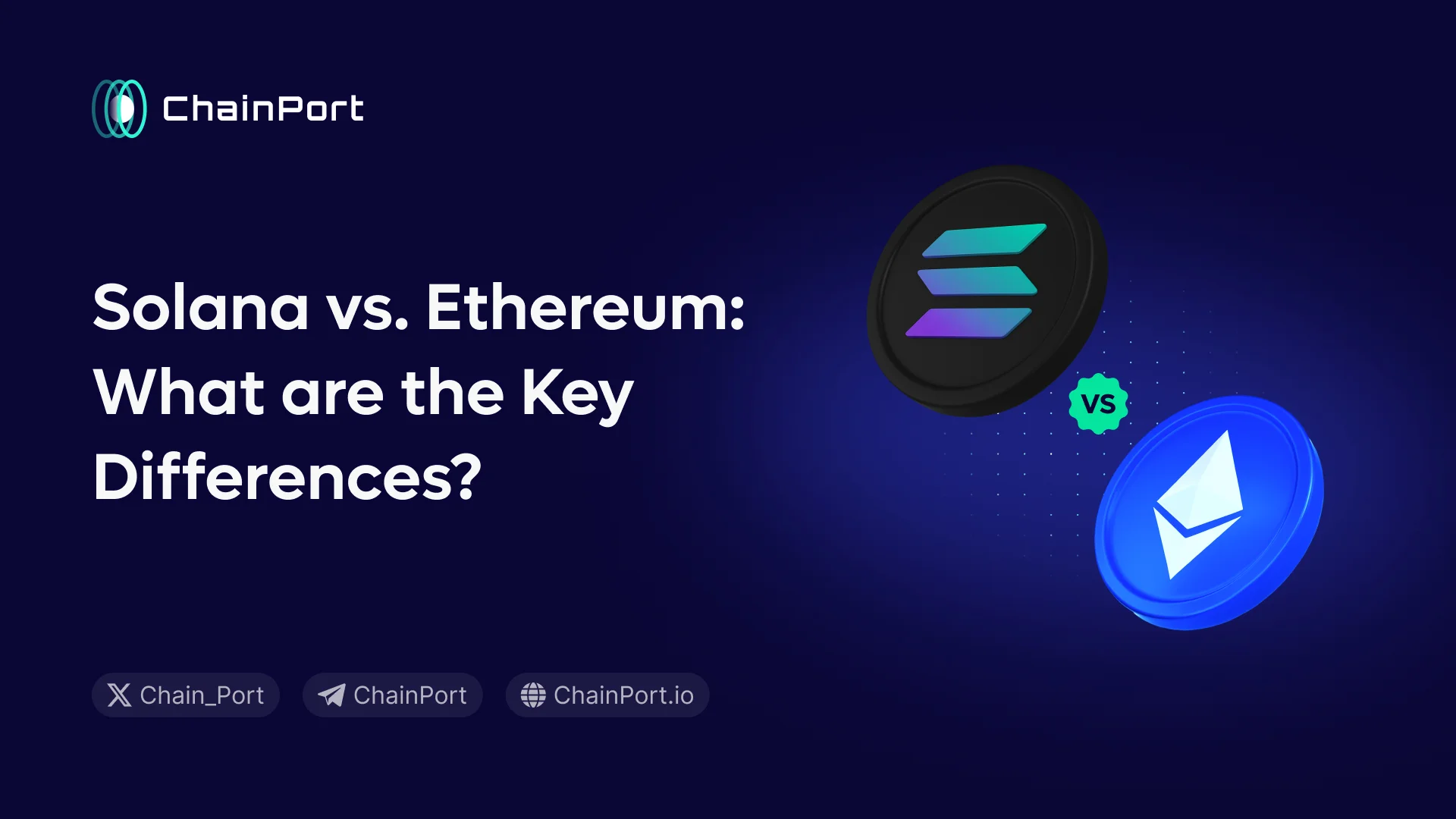tl;dr
- CEXs are centralized, custodial platforms that hold users’ funds and private keys for trading.
- DEXs are decentralized, non-custodial platforms where users trade directly from their wallets.
- CEXs offer high liquidity, fiat on-ramps, and user-friendly interfaces, but require trust and KYC.
- DEXs prioritize privacy and control, operate via smart contracts, but may have lower liquidity and require more technical know-how.
What is a CEX? (Centralized Exchange)
A Centralized Exchange (CEX) is a platform that enables users to buy, sell, and trade cryptocurrencies through a trusted intermediary. Unlike decentralized exchanges, CEXs are custodial, meaning they hold users’ funds and manage private keys on their behalf. This makes them user-friendly and efficient, often offering high liquidity, fiat on-ramps, and advanced trading features.
However, users must trust the exchange’s security and compliance practices, as funds can be at risk in the event of hacks, mismanagement, or regulatory action. Popular CEXs include Binance, Coinbase, and Kraken.
What Is a DEX? (Decentralized Exchange)
A Decentralized Exchange (DEX) is a platform that allows users to trade cryptocurrencies directly with one another, without relying on a central authority or intermediary. Unlike centralized exchanges, DEXs are non-custodial, meaning users retain full control of their private keys and funds at all times.
Trades are executed through smart contracts on the blockchain, enabling greater transparency and security. While DEXs offer enhanced privacy and reduce custodial risk, they may have lower liquidity and require more technical know-how.
Examples include Uniswap, SushiSwap, and PancakeSwap. A relatively new DEX that is widely celebrated is Hyperliquid, which allows both spot trading and leveraged trades.
DEX vs CEX: Key Differences

Custody:
• DEX: You control your private keys (non-custodial).
• CEX: Platform holds your funds (custodial).
KYC & Regulation:
• DEX: Usually no KYC; more privacy.
• CEX: Requires KYC due to regulatory compliance.
Fees:
• DEX: Typically lower, but include network gas fees.
• CEX: May have higher trading and withdrawal fees.
Liquidity:
• DEX: Lower liquidity; depends on user-provided liquidity pools.
• CEX: High liquidity due to centralized order books and market makers.
Speed:
• DEX: Slower; depends on blockchain confirmation times.
• CEX: Fast execution using internal systems.
Token Availability:
• DEX: Wide range, including new/experimental tokens.
• CEX: Curated selection; limited by regulatory compliance.
User Experience:
• DEX: Less intuitive; requires Web3 wallets.
• CEX: More user-friendly interfaces and support.
Which Is Safer: CEXs or DEXs?
When it comes to safety, DEXs are generally considered safer for traders. Since trades happen directly through your wallet, you retain full control of your funds, and there’s no need to share KYC documents, which have been leaked in past CEX breaches. Additionally, DEXs aren’t custodial, meaning they can’t be hacked in the same way centralized platforms can.
However, DEXs may pose risks for liquidity providers, who can face impermanent loss or smart contract vulnerabilities. CEXs, while more user-friendly, carry risks related to custody, regulatory exposure, and data breaches. For privacy-focused traders, DEXs offer a more secure alternative.
When to Use a CEX vs DEX?
Choosing between a CEX and a DEX depends on your experience, goals, and priorities. CEXs are ideal for beginners due to their user-friendly interfaces, customer support, and easy fiat on-ramps, which lets users buy crypto with a credit card or bank transfer. CEXs also offer high liquidity, making them suitable for trading large volumes with minimal slippage.
DEXs, on the other hand, are better suited for advanced or privacy-focused users. They allow direct wallet-to-wallet trading without KYC requirements, preserving user anonymity. DEXs are also the go-to option for accessing new or niche altcoins and engaging with DeFi protocols. However, they may have lower liquidity and require a deeper understanding of how wallets and on-chain transactions work.
In short, use a CEX for convenience and onboarding, and a DEX for privacy, control, and access to the broader Web3 ecosystem. Many experienced users benefit from using both strategically.
FAQs: CEX vs DEX
Can I use both?
Yes, many users use CEXs for convenience and DEXs for privacy or DeFi access.
Is a DEX really anonymous?
Yes, mostly. No KYC is required, but wallet activity is visible on-chain.
Do DEXs have customer support?
No. Customer support tends to be available on CEXs, though.
Are fees lower on DEXs?
Generally, DEXs have much lower fees than CEXs. The caveat is that DEX traders have to cover gas fees.






